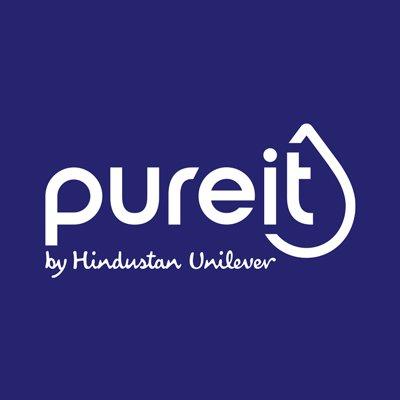With the increasing concerns about water pollution and contaminants, investing in a reliable water purifier has become a top priority for many households. However, with a wide range of options available in the market, choosing the right water purifier can be a daunting task. In this blog, we will provide you with a comprehensive guide to help you navigate through how to choose water purifier that meets your specific needs.
- Assess Your Water Quality:
Start by understanding the quality of your water supply. Conduct a water quality test or refer to the local water quality report to identify the potential contaminants present in your water. This analysis will help determine the type of purification technology required for effective filtration.
- Identify Your Purification Needs:
Consider your specific requirements when selecting a water purifier. Are you looking to remove specific contaminants like heavy metals or chemicals? Do you need protection against microbial pathogens? Evaluate your needs, such as purification capacity, water consumption, and desired features, to narrow down your options.
- Understand Different Purification Technologies:
Familiarize yourself with the various water purification technologies available in the market. These include Reverse Osmosis (RO), Ultraviolet (UV) purification, Activated Carbon (AC) filtration, and more. Learn about their pros, cons, and effectiveness in removing specific contaminants to make an informed decision.
- Consider Storage Capacity and Flow Rate:
Assess your household's water consumption patterns to determine the appropriate storage capacity and flow rate of the water purifier. A larger storage capacity ensures a continuous supply of purified water, while a higher flow rate caters to households with higher water demands.
- Evaluate Maintenance and Filter Replacement:
Consider the maintenance requirements of the water purifier. Determine the frequency and cost of filter replacements or membrane cleaning. Opt for a purifier that offers easy maintenance and readily available replacement filters to ensure the long-term effectiveness of the system.
- Check Certification and Warranties:
Look for water purifiers that are certified by reputable organizations for their performance and quality. Certifications from bodies like NSF International or the Water Quality Association indicate that the purifier meets industry standards. Additionally, ensure the product comes with a warranty to protect your investment.
- Read User Reviews and Compare Brands:
Take advantage of online resources to read user reviews and compare different water purifier brands. Consider the reputation, customer support, and reliability of the manufacturer to ensure you choose a reputable and trusted brand.
Conclusion:
How to choose water purifier is crucial for safeguarding the health and well-being of your family. By following these guidelines and considering factors like water quality, purification technology, storage capacity, and maintenance requirements, you can make an informed decision. Remember to prioritize your specific needs and invest in a reliable water purifier that aligns with your requirements. With the right purifier in place, you can enjoy clean, safe, and refreshing water for years to come.
